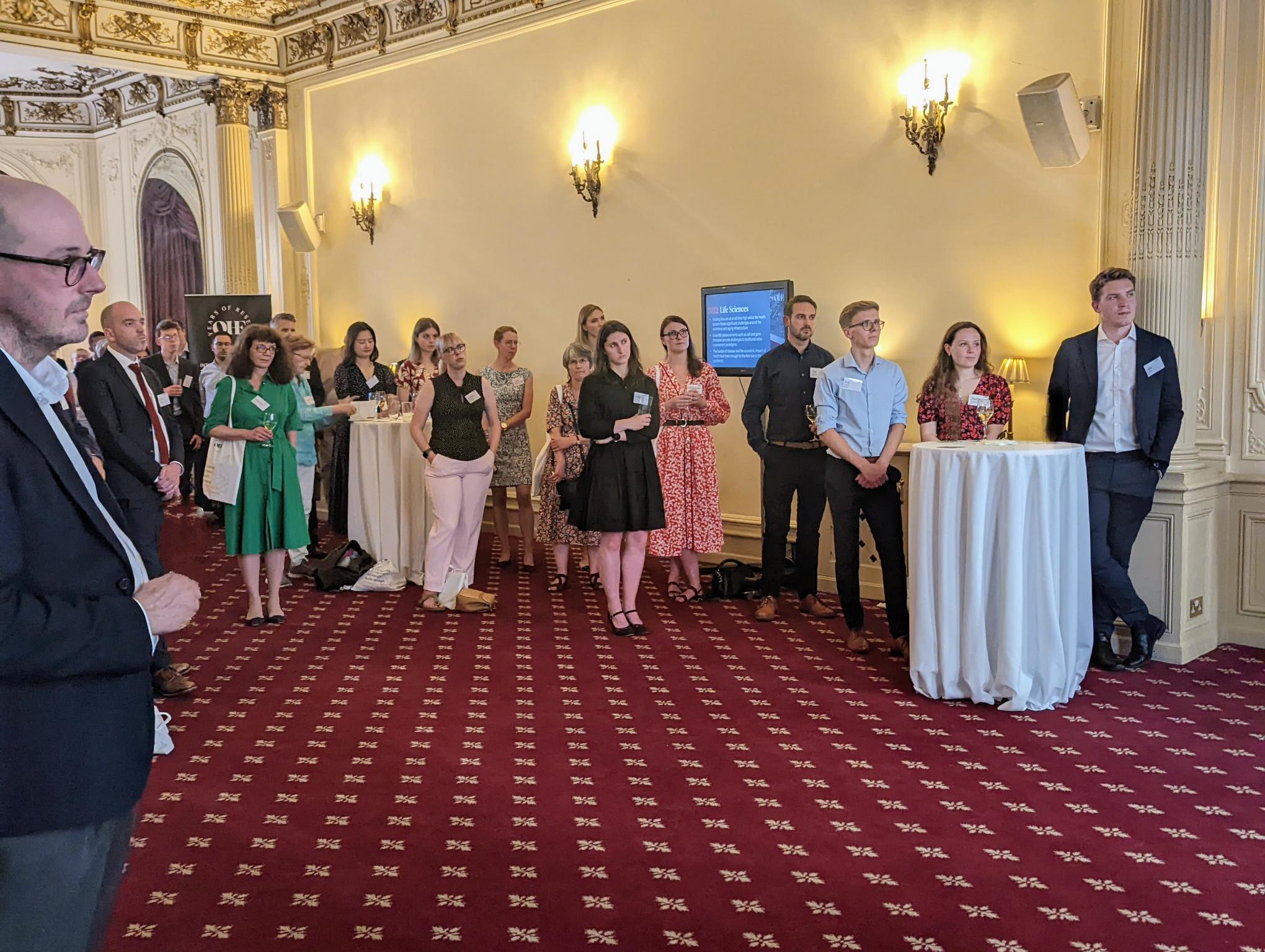Sign up to our newsletter Subscribe
Analysing Global Immunisation Expenditure

Sign up to our newsletter Subscribe


Professor David Grabowski from Harvard University will lead an OHE Lunchtime Seminar on 19 April 2017 on the topic of interventions that encourage high-value nursing home care: lessons for the UK. Professor David Grabowski from Harvard University will lead an…
Professor David Grabowski from Harvard University will lead an OHE Lunchtime Seminar on 19 April 2017 on the topic of interventions that encourage high-value nursing home care: lessons for the UK.
Professor David Grabowski from Harvard University will lead an OHE Lunchtime Seminar on 19 April 2017 on the topic of interventions that encourage high-value nursing home care: lessons for the UK.
Countries around the world are struggling with how to provide high-value nursing home care. Many countries are plagued with low-quality care, supply problems and rising public expenditures. These problems will only increase in the coming years with the aging of the baby boom generation. There are also significant implications for the health care system. In the UK, the knock-on implications of supply shortages for “bed blocking” in the NHS add to the challenges for our health and social care systems, as do admissions to hospitals from nursing homes that could have been avoided with better care management.
Poor quality has been documented in the U.S. nursing home sector for decades. Economists have generally pointed towards three potential explanations: low public reimbursement, supply constraints, and incomplete information on the part of consumers. Historically, the U.S. government relied on regulation as the key mechanism to encourage quality. Newer efforts have explored the use of market mechanisms such as pay-for-performance and report cards to encourage quality competition.
This lecture will offer a health economics perspective on how payment and delivery interventions can encourage high-value nursing home care. It will take the lessons from the U.S. effort to encourage high-value care and apply them to the U.K. where we have similarly relied on regulation as the key guarantor of quality.
Professor David Grabowski’s research focuses on the economics of aging with a particular interest in market for long-term care services. He has considered issues related to long-term care financing, organization, and delivery of services. He has published over 100 peer-reviewed papers related to the care of older adults. He has served as an advisor to the U.S. Federal government on issues related to payment of services for older adults. He has advised the National Institutes on Aging regarding coordination of medical and long-term care services. He has also worked with state Medicaid officials from New York and Washington on potential reforms to their state Medicaid payment systems.
The seminar will be held in the Sir Alexander Fleming Room, Southside, 7th Floor, 105 Victoria St, London, SW1E 6QT. A buffet lunch will be available from 12:00 noon. The seminar will start promptly at 12.30 pm and finish promptly at 2.00 pm.
If you would like to attend this seminar please register here. If you would like to join via webinar please email Kerry Sheppard at OHE.
Please note: Confirmation of your attendance will be sent to you by Eventbrite, please bring this with you on the day of the seminar.
An error has occurred, please try again later.
This website uses cookies so that we can provide you with the best user experience possible. Cookie information is stored in your browser and performs functions such as recognising you when you return to our website and helping our team to understand which sections of the website you find most interesting and useful.
Strictly Necessary Cookie should be enabled at all times so that we can save your preferences for cookie settings.
If you disable this cookie, we will not be able to save your preferences. This means that every time you visit this website you will need to enable or disable cookies again.
This website uses Google Analytics to collect anonymous information such as the number of visitors to the site, and the most popular pages.
Keeping this cookie enabled helps us to improve our website.
Please enable Strictly Necessary Cookies first so that we can save your preferences!

